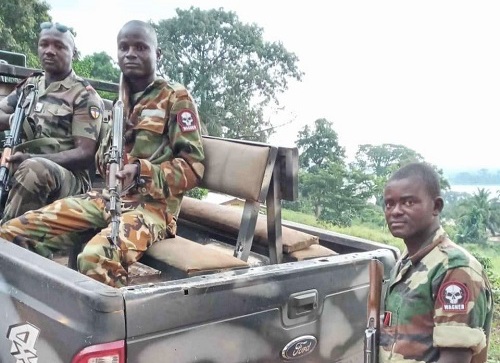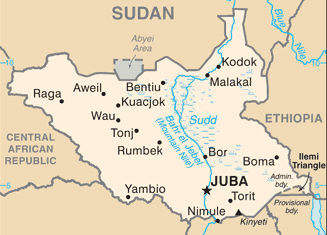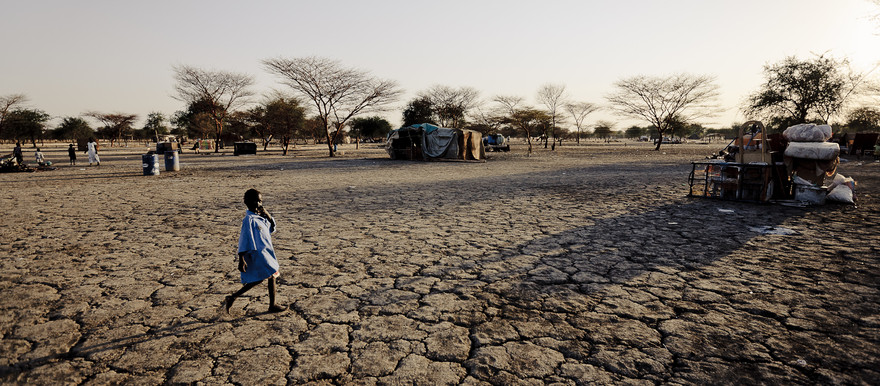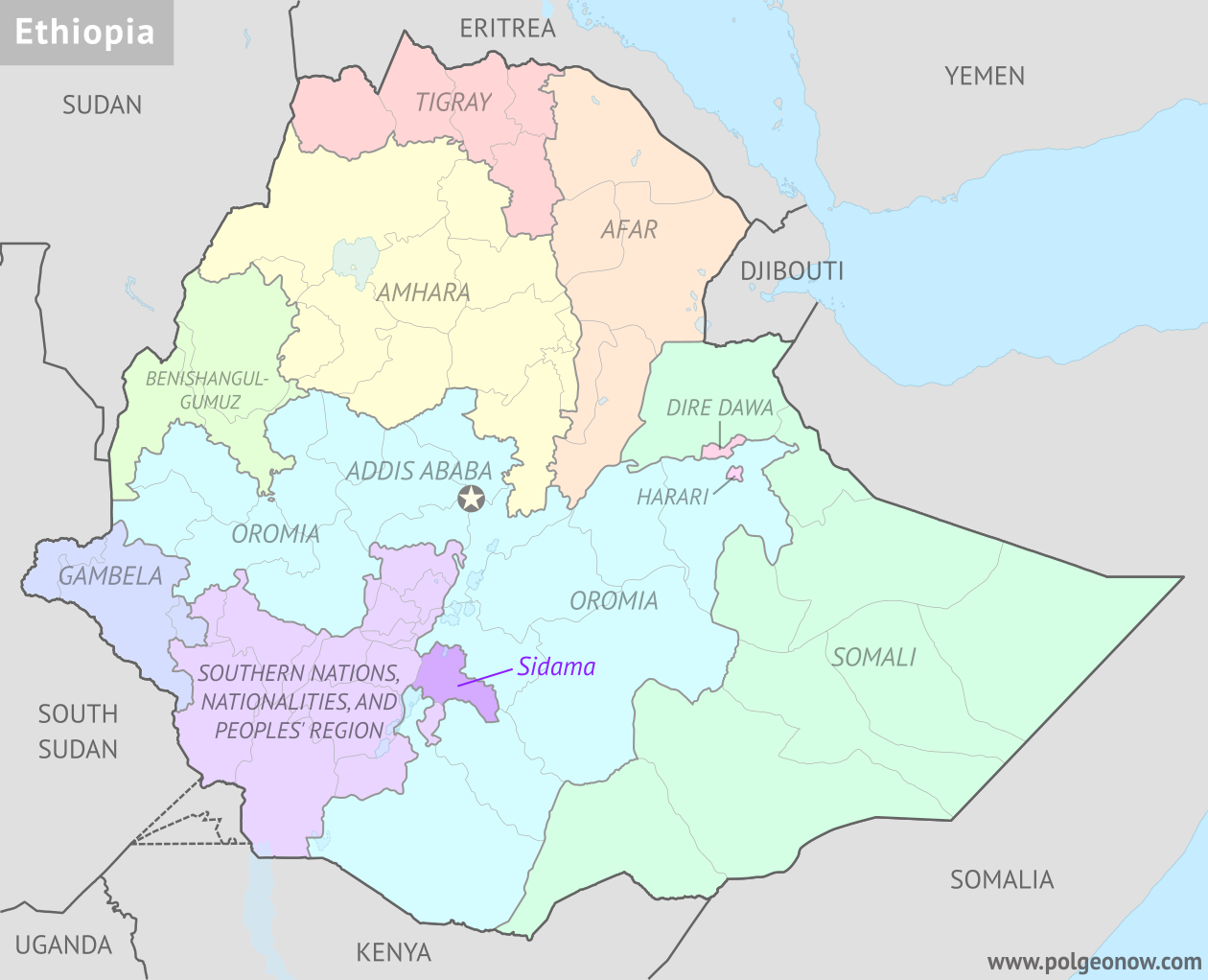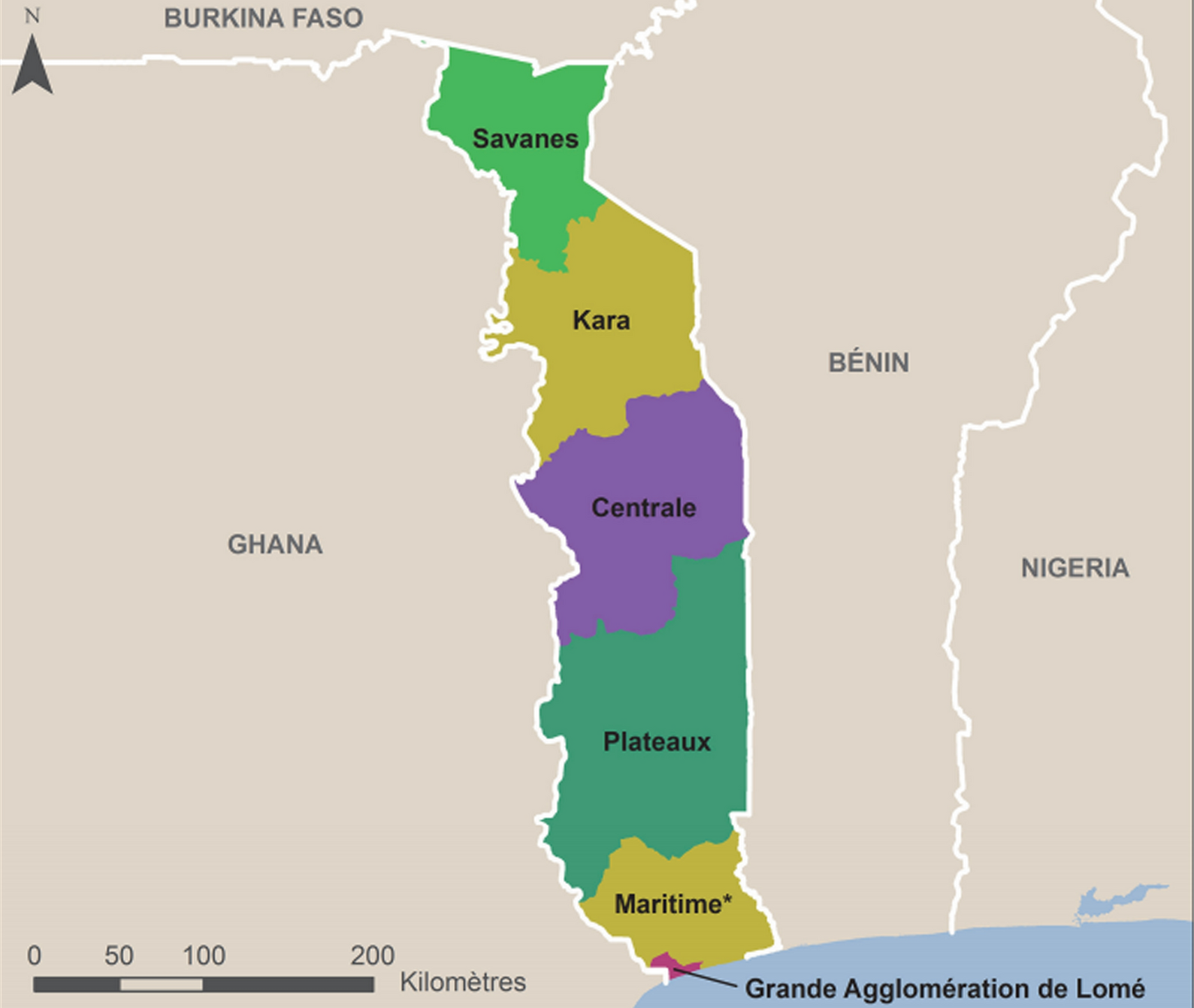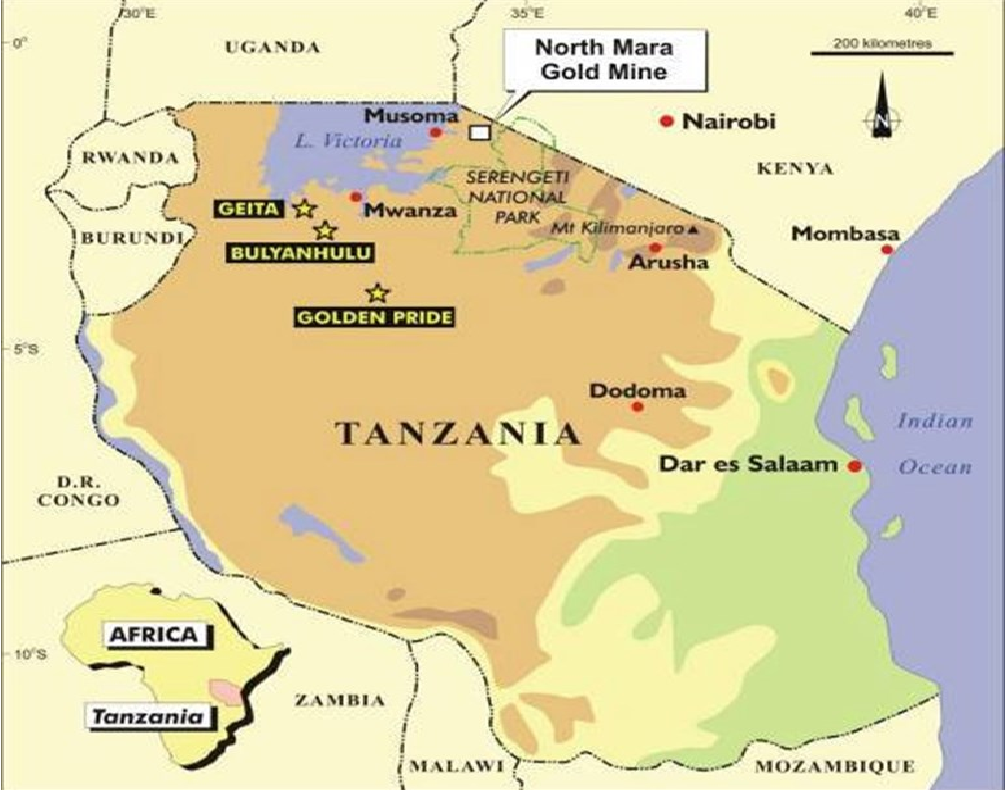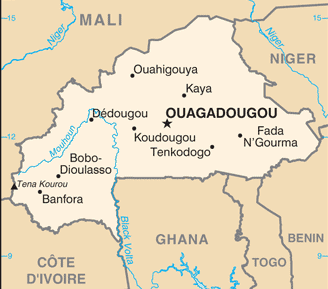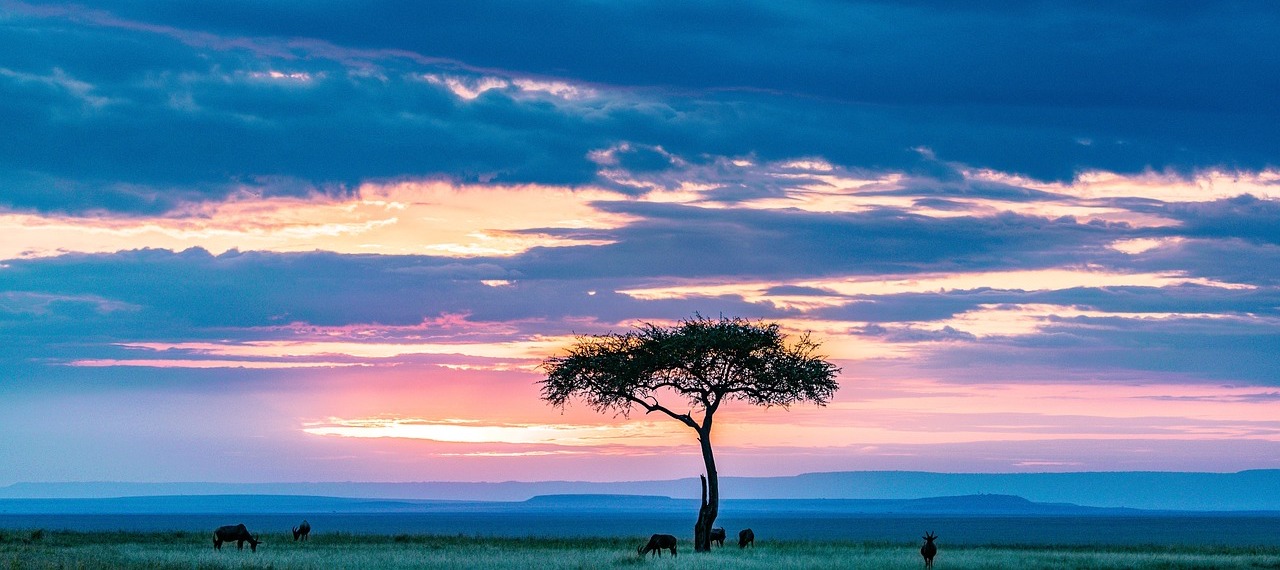
African dissent from biodiversity protocol
The UN Biodiversity Conference, or COP15, concluded in Montreal with what is being hailed as a landmark agreement to address the current unprecedented loss of species, now termed the planet’s sixth mass extinction. The centerpiece of the Kunming-Montreal Global Biodiversity Framework, conceived as a match to the Paris Agreement on climate change, is the so-called “30×30” pledge—with countries committing to protect 30% of their territory for habitat preservation by 2030. The deal earmarks $30 billion per year to flow from wealthy countries to poor ones to assist in conservation programs. But the financial commitments are not binding, and were assailed by countries in the developing world as inadequate. After an all-night session, the gavel was brought down on the deal minutes after the delegation from the Democratic Republic of Congo pressed outstanding criticisms. This was decried by the DRC, Uganda and other African delegations. A representative from Cameroon protested: “What we saw was a force of hand.” (Photo of Kenya’s Great Rift Valley via Pixabay)



